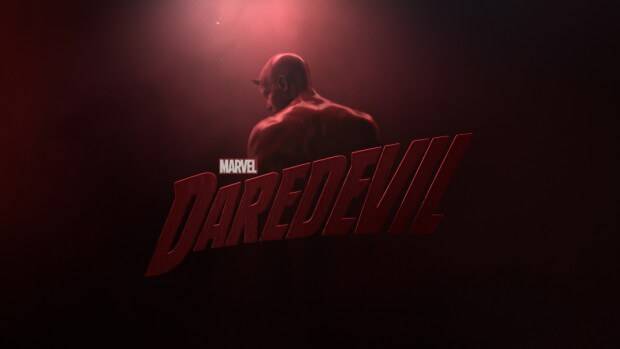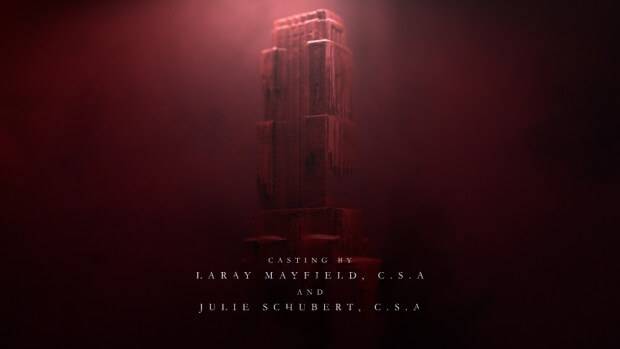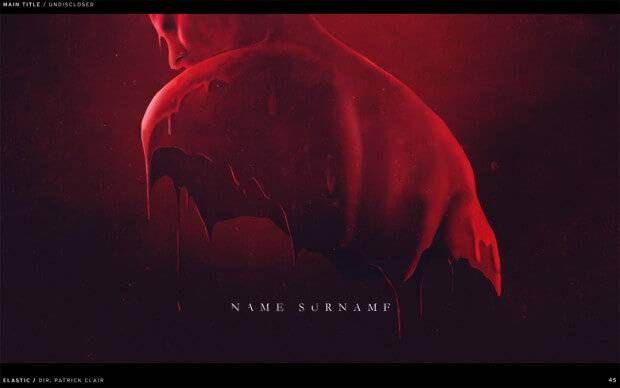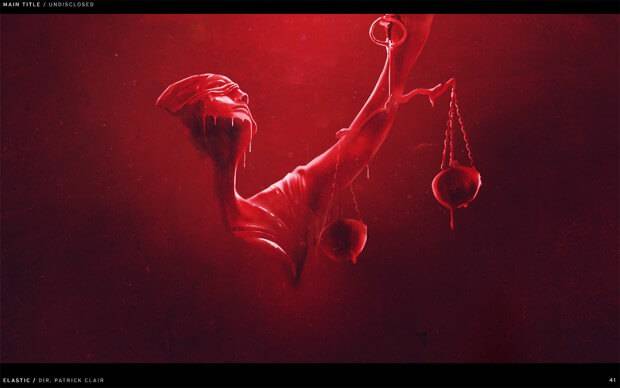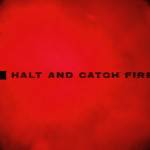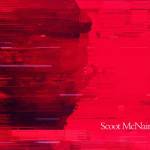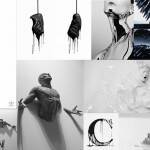How Does Winning Awards Affect Creative Options?
LA based Creative Director Patrick Clair is himself an accomplished animator and designer. Most relevant in the week of the Emmys is this that he was nominated twice for Main Title Design, having won the same Emmy last year for True Detective.
This year, Pat was nominated for his work on Daredevil and Halt and Catch Fire, both of which feature phenomenal animation and design with uncommon levels of screen wizardry. There are some great articles out there covering the technical aspects of both titles such as artofthetitle.com, but in the wake of the Emmys, I’m keen to ask one of the Award’s most recent big hitters something we can all dream of finding out… how this kind of continued success can affect one’s creative options.
So Pat, what strikes me about this year’s nominations, but with Daredevil in particular, is how bold and minimal both visions are. Especially as your career was built on an approach that can be identified by mind boggling detail and layered symbolism. Plus it’s not always easy to get clients to sign up to such clean aesthetics for a title, as they’re often drawn towards loading the screen with visual messages that set-up their show.
This has lead me to wonder about how 2014’s well deserved Emmy win has effected your creative process from two directions… Has winning the Emmy changed the kind of ideas you’ve been generating, and has it changed the way clients respond to the ideas you present?
Patrick Clair’s reply…
Obviously, we were so proud of winning the Emmy… and I think the thing that makes it most special is the Emmy is voted by a jury of our peers in motion design, so it’s really amazing getting that kind of recognition from other artists in our field.
In terms of clients, the Emmy definitely opens doors…along with the reputation of shows like True Detective and networks like AMC and HBO, having a track record of working with people at that level definitely attracts new clients, and makes showrunners comfortable about getting in a room with us and talking ideas.
Refreshingly, it doesn’t feel like the Emmy, or any other award, has much effect after that. Once you’re in the pitching process – often competing with 4 or 5 different studios, it really is just the ideas that matter. The showrunners, and the execs, just really care about the story they are telling – and who can partner with them to tell that story in the right way. Every idea really lives and dies on the creative, and showrunners won’t hesitate to commission a newcomer if they feel that team really “gets” the story and the show and the world.
So, while the Emmy has been a wonderful boost, we still win and lose plenty of pitches, and we still know that every potential job that comes through the door will demand hard work and good ideas to ever become a commissioned gig.
Generally, I will say that I find it exhilarating that showrunner’s from so many of our clients are willing to back unusual creative and bold ideas. It’s easy for us as a studio to walk into the room and throw a crazy idea out there, but the real guts is in backing that with the financing and giving us the support to make it a reality. Looking at the 3 jobs that have taken us to the Emmys, there’s definitely a few things in common that set us up for success from the client side. Firstly, the showrunners took the time early on to brief us (and other teams) on the real DNA of the show… so we could get a proper deep understanding of the story. Second, they backed us right through the production process… making genuine contributions that made our ideas stronger, sleeker and better… and also listening to us when passionately advocated for particular creative executions. These were all examples of genuine collaborative relationships, and that lead to executions that I’m deeply proud of – hopefully the audience enjoys them too.


